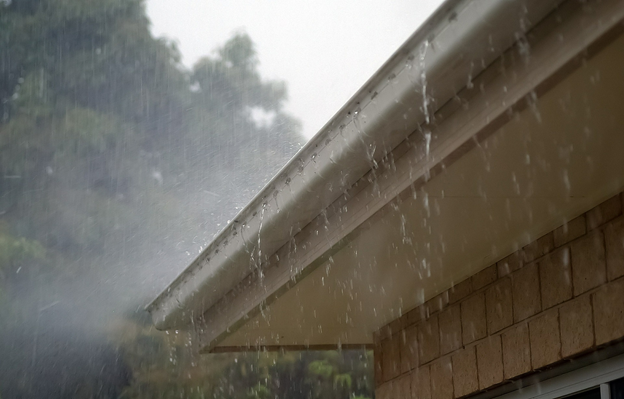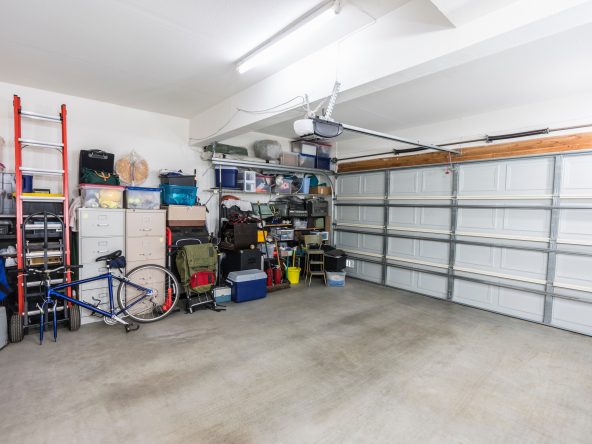How Savvy Homeowners Can Protect Against Weather-Related Issues
By Ray Flynn, DiyGuys.net
For a majority of homeowners, your house is the largest piece of your investment portfolio. In fact, it’s estimated that more than 60 percent of the net worth for the average American is due to the equity in their home. As a result, homeowners should take extra steps to protect their home from weather-related issues, just as they would take extra steps to protect their bank account from outside threats. While it’s impossible to guarantee the protection of your home from all types of weather, you can avoid common pitfalls while helping maintain your home’s value.
Keep Water Away from the Foundation
Water is a homeowner’s worst enemy. It’s estimated that 37 percent of homeowners in the United States will suffer losses due to water damage, with the average insurance claim for water damage approaching roughly $7,000.
Heavy rainstorms can dump a lot of water in a hurry; thus, it’s always important to check that your home is able to successfully keep water away from the foundation. Your home’s first defenses against water are your gutters and downspouts. Every few months, you should make sure your gutters and downspouts are free of debris and are in working order. Downspouts should drain water at least ten feet from your foundation. If that’s not the case, it’s possible to extend your downspouts to better protect your home from water damage.
Next, check the angle of the ground surrounding your home. You want the ground to slope away from your home in order to force water away. According to the Spruce, it’s recommended that the ground slopes at least six inches in the first 10 feet. Otherwise, puddles could form near your home, which could eventually damage your foundation.
Prioritize Your Roof
Your home’s main protection against weather is the roof. A reliable roof can stop rain, snow, hail, and even wind from damaging your house. After a significant weather event, you should have your roof inspected by a professional. If you notice any wet spots in your ceiling, that’s another sign that you should schedule a roof inspection.
If your roof has suffered damage, it’s best to get a roof replacement. As this is your first line of defense against inclement weather, you shouldn’t skimp on your roof. And the good news is that a new roof notably increases the value of your home. According to Remodeling Magazine, a new roof can add more than $19,000 to your home’s value. Plus, a home with a well-maintained roof will sell quicker and for a higher price than a comparable home with an unmaintained roof.
Prepare for the Coming Winter
When wintertime rolls around, a savvy homeowner will be prepared for the worst. If you live in an area that experiences temperatures below freezing, you should take steps to avoid frozen pipes. You can purchase and install pipe insulation. Also, disconnect any hoses and cover outdoor faucets if they won’t be in use over the winter. If you have a sprinkler system, it’s a smart idea to get your system blown out. If you don’t, the residual water left in your sprinkler system could freeze over the winter and break the pipes. Considering a new sprinkler system can cost thousands of dollars, taking steps to winterize it is a no-brainer.
Check Your Home Insurance
Having home insurance is a must. However, as Allstate warns, not all weather damage is protected by home insurance. Specifically, did you know that typical home insurance doesn’t cover your property if there’s a flood? In most cases, you will need to purchase separate flood insurance. Also, if you live in areas that experience hurricanes or earthquakes, double-check your insurance to see if you have adequate coverage.
Homeowners have a lot to worry about when it comes to protecting their investment. When it comes to weather, everything from rain and snow to wind and freezing temperatures can damage your home. However, if you have a plan, you can successfully safeguard your home from most types of weather-related damage.
Photo via Pixabay




